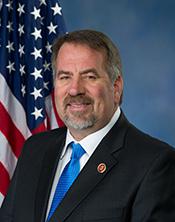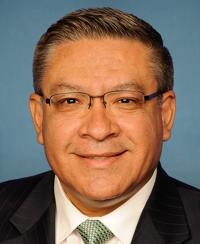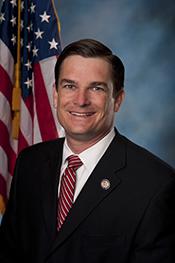H.R. 2424: Modern, Clean, and Safe Trucks Act of 2025
This bill, titled the Modern, Clean, and Safe Trucks Act of 2025
, aims to eliminate the federal excise tax on heavy trucks and trailers, which is currently set at 12%. The main points addressed in the bill include:
Tax Repeal
The bill proposes the repeal of the 12% federal retail excise tax that applies to the sale of new heavy-duty trucks, tractors, and trailers. This tax has been in place since 1917 and is noted as the highest percentage rate of any federal ad valorem excise tax.
Impact on Costs
Currently, the excise tax can add significant costs to heavy-duty trucks; for example:
- Approximately $7,000 or more to the cost of new trailers
- About $20,000 or more for new clean diesel trucks
- Up to $50,000 for next-generation trucks with advanced engine technologies
By removing this tax, the bill aims to lower the initial purchase cost of these vehicles, making it more feasible for businesses to upgrade to newer, cleaner technologies.
Environmental Considerations
Many older trucks on the road are over ten years old and lack modern environmental and safety improvements. The bill emphasizes that replacing these older vehicles with new ones equipped with modern, environmentally friendly technology can lead to:
- Reduced carbon dioxide emissions by 202 million tons
- Lower nitrogen oxide emissions by 27 million tons
- Significant diesel fuel savings, totaling about 20 billion gallons
- Improvement in air quality by drastically reducing pollutant emissions from trucks
Job Impact
The bill also acknowledges the importance of the trucking industry on jobs, estimating that around 1.3 million jobs are related to heavy-duty trucking and trailers in the U.S. It suggests that repealing the excise tax could stimulate job growth by promoting more vehicle manufacturing and sales.
Revenue Considerations
With the current tax depending on annual sales, revenue flowing into the Highway Trust Fund can be inconsistent. The bill suggests that, instead of relying on this tax for funding, Congress should explore more stable funding sources for highway maintenance and infrastructure.
Promoting Clean Technology
The bill highlights that the excise tax disproportionately affects the adoption of electric and alternative-fueled trucks, which usually have higher upfront costs. By eliminating this tax, the bill aims to encourage the use of cleaner technologies and contribute to the transition to zero-emission vehicles.
Implementation
If enacted, the amendments related to this bill would take effect for sales and installations occurring on or after the bill’s introduction date.
Relevant Companies
- GM (General Motors) - As a manufacturer of heavy-duty trucks, GM may benefit from increased sales due to the removal of the excise tax.
- F (Ford Motor Company) - Similar to GM, Ford produces heavy trucks that could see an increase in demand with lower purchase costs.
- WAB (Wabtec Corporation) - A supplier to the freight industry, Wabtec could see indirect benefits through increased demand for trucking services resulting from newer, cleaner trucks.
This is an AI-generated summary of the bill text. There may be mistakes.
Sponsors
6 bill sponsors
Actions
2 actions
| Date | Action |
|---|---|
| Mar. 27, 2025 | Introduced in House |
| Mar. 27, 2025 | Referred to the House Committee on Ways and Means. |
Corporate Lobbying
0 companies lobbying
None found.
* Note that there can be significant delays in lobbying disclosures, and our data may be incomplete.


















